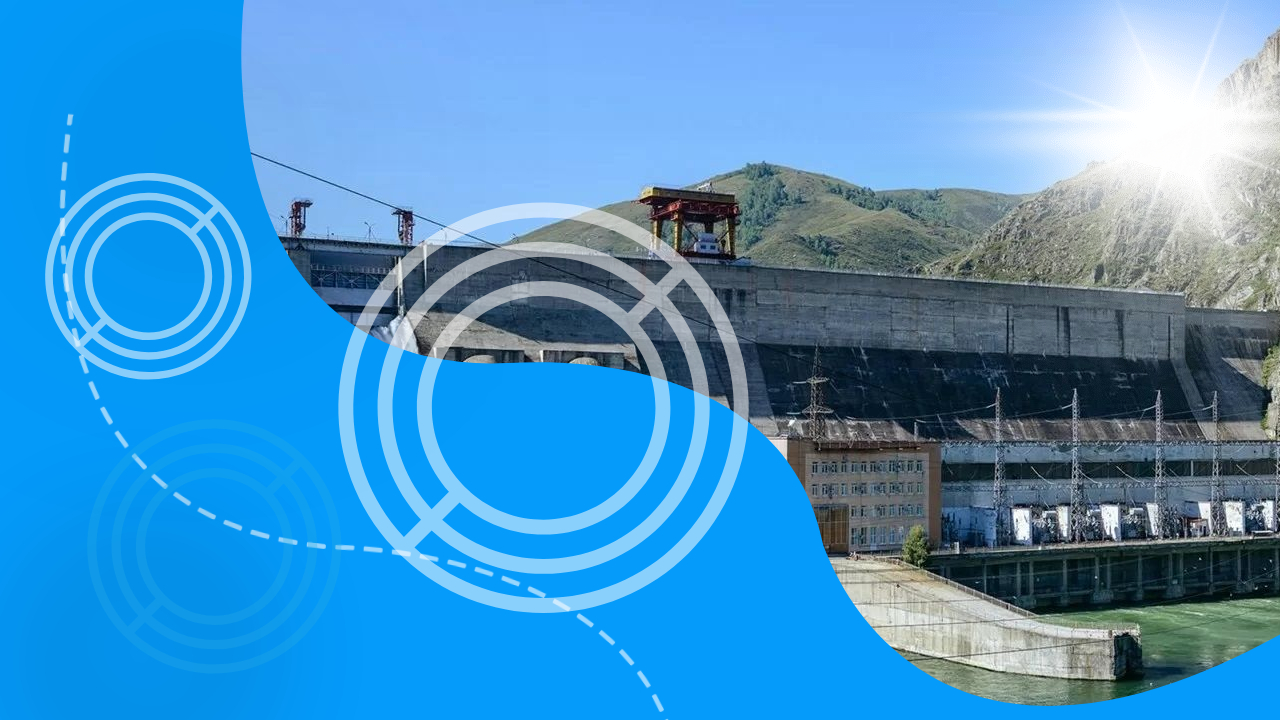China has introduced a new set of rare earth regulations aimed at protecting its supplies for national security The regulations, issued by the State Council on Saturday, establish stringent rules on the mining, smelting, and trade of these critical materials Rare earth elements are essential in producing a range of products, from magnets in electric vehicles to consumer electronics
Please login to your account to read an unabridged text.
If you don't have an account, you can create it free by registering here.
Source and Credit: reuters.com

